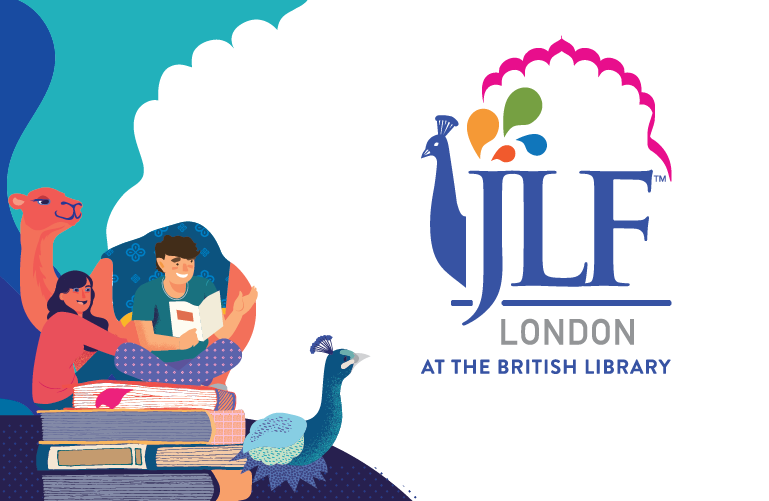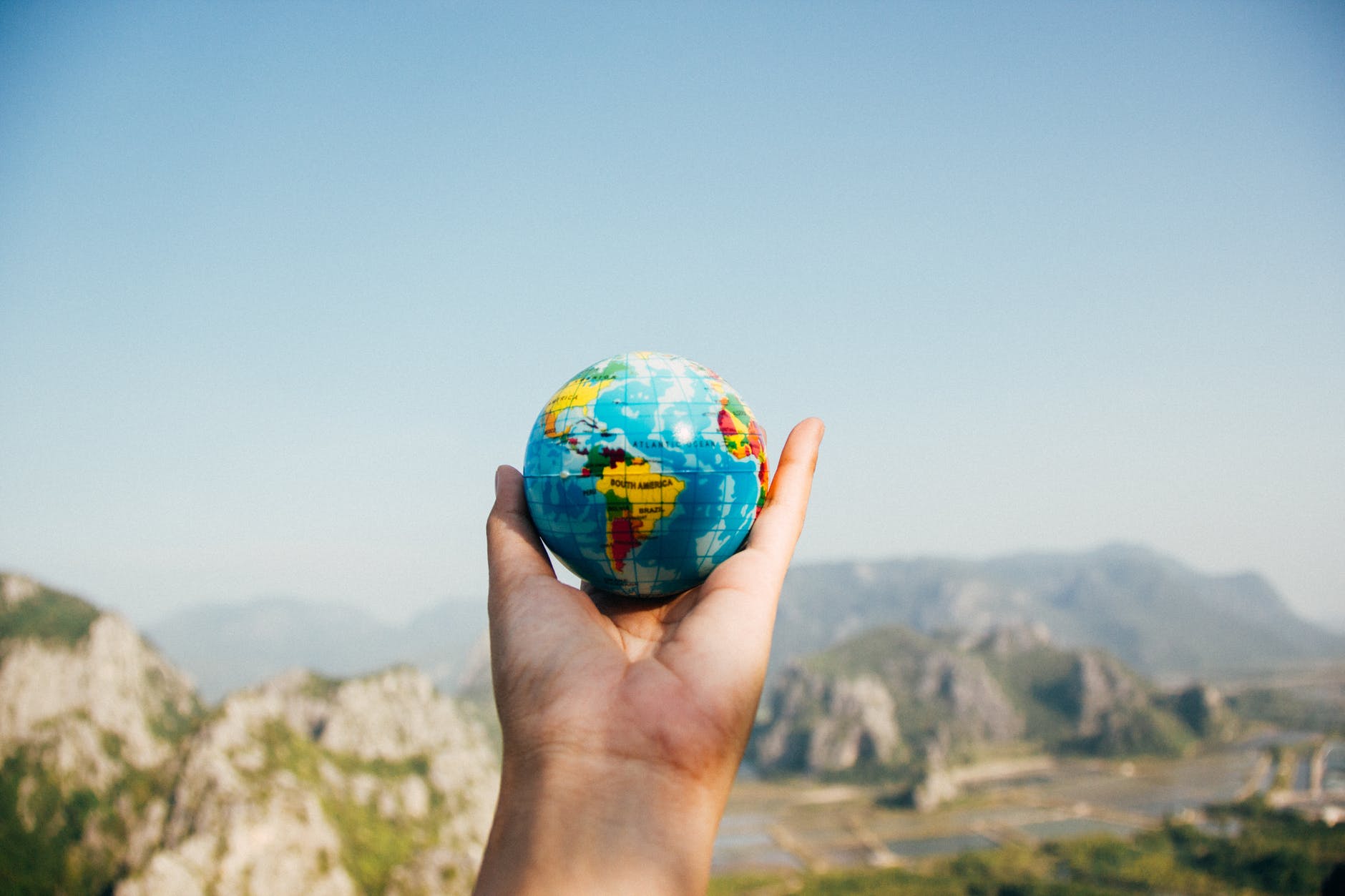


Travel across Time
Travel writing is one of the most ancient forms of literature. But does it have any relevance in the age of the internet, globalization and Google Maps?
Stone tablets with inscriptions describing the kings of the day, mausoleums and tombs with hieroglyphics and vivid-coloured etchings of flora and fauna, graphic scenes of battle, kingly courts in Egypt and China,paintings on silk and cotton and parchment: these wondrous phenomena were the creative medium recording events which are today our road to history, to knowledge of a world not within our reach.
Travelling over millennia to discover and absorb our world through an artistic idiom is what travel writing is to me in its truest form! Treasured and preserved across continents over centuries, we now have access to this wealth of heritage through artistic documentation.
Creative expression evolved into many narratives – writing is one of them and its relevance is as absolute today as in centuries past. From Marco Polo to Hsuan Tsang: civilizations beyond our ken have been brought to life by intrepid travellers venturing over oceans and mountains leaving scripts and tomes of material for us to imbibe. Pictorial renditions moved into written scripts and languages developed across regions with distinctive tone and tenor, meter and rhythm.
True nuances of written narratives are implicit in personal experiences of an individual. Cities and civilizations come alive within worlds penned by those who’ve lived and loved within city walls, on shores of ancient rivers; they’ve shared their deepest fears and insights of transitioning civilizations, of deep chasms and social milieus. Orhan Pamuk’s bittersweet reflection on Istanbul brings a whole new perspective to a reader’s experience of the city:“The difference lies in the fact that in Istanbul the remains of a glorious past civilization are everywhere visible. No matter how ill-kept, no matter how neglected or hemmed in they are by concrete monstrosities, the great mosques and other monuments of the city, as well as the lesser detritus of empire in every side street and corner—the little arches, fountains, and neighbourhood mosques—inflict heartache on all who live among them.â€
I looked for the unknown and allowed discovery to be my guide when visiting the city recently.
Another random personal note of experience brought an altogether everyday facet of an old familiar city that much closer when explored through Ariel Dorfman’s words: “To step into traffic on a typical Indian street is not to enter a world of violence and fear but rather a beautifully choreographed ballet of bodies and vehicles, all of them somehow subliminally, sublimely coordinated so as not to touch each other—akin to friezes teeming with gods in a Hindu pantheon—or as if one found oneself suddenly a guest inside the dancing calligraphy that adorns the walls and arches of many a mosque: curlicues that curve and twist but never intersect.â€
How else do we perceive the subliminal ethos of a city touted across travel portals as a destination of immense commercial value and filter through superficial layers to discover its depths but through aching emotion, through everyday minutiae, through a life lived from that window in that balcony or that neighborhood! No one manages to say it better than Pamuk for me: “To be able to see the Bosphorus, even from afar—for Istanbullus this is a matter of spiritual import that may explain why windows looking out onto the sea are like the mihrabs in mosques, the altars in Christian churches, and the tevans in synagogues, and why all the chairs, sofas, and dining tables in our Bosphorus-facing sitting rooms are arranged to face the view.â€
As I think of travelling and writing about travels, I can’t but help reflect on the immortal words of one of our greatest travel writers, Pico Iyer: “We travel, initially, to lose ourselves; and we travel, next to find ourselves. We travel to open our hearts and eyes and learn more about the world than our newspapers will accommodate. We travel to bring what little we can, in our ignorance and knowledge, to those parts of the globe whose riches are differently dispersed. And we travel, in essence, to become young fools again- to slow time down and get taken in, and fall in love once more.â€



Leave a comment